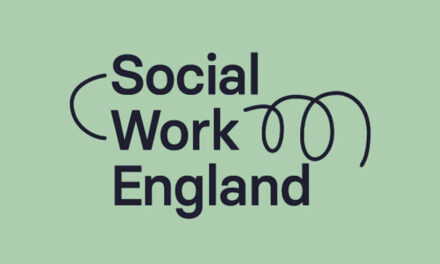Social Work England has reported a sharp increase in fitness to practise concerns about social workers in 2025, with the surge largely attributed to referrals from members of the public. Despite the volume, the vast majority of these concerns are dismissed at the initial triage stage, raising questions about the effectiveness and public understanding of the regulatory process.
Community Care reported that, according to the regulator’s latest board report, the number of monthly referrals has consistently exceeded expectations. While Social Work England initially forecast 154 concerns per month, the average since December 2024 has climbed to 189, peaking at 196 between April and June 2025. This trend suggests a sustained rise rather than a temporary spike.
The increase is predominantly driven by public concerns, which accounted for 64% of known referrals in 2024–25, up from 55% the previous year. Notably, the proportion rose to 78% in the final quarter of the reporting year. Among these, allegations of dishonesty were most common, followed by issues related to professional practice and poor communication.
Despite the volume, 96% of public referrals were rejected at the triage stage in 2024–25, with the rejection rate climbing to 98% in the final quarter. In contrast, employer referrals—though fewer in number—were more likely to proceed, with 66% passing triage and leading to investigations. Ultimately, only five public referrals resulted in findings of impaired fitness to practise, compared to 29 from employer referrals.
To address delays and backlogs, Social Work England has received a 30% budget increase for 2025–26, funded by a £5.2 million grant from the Department for Education and a 33% rise in practitioner fees. The regulator is using the additional resources to expand its triage team and increase the number of final hearings.
While the triage team processed 515 cases in the first quarter of the new financial year—up from a quarterly average of 367—the number of open cases still grew, indicating that the influx of referrals is straining the system. The average time to complete triage dropped to 29 weeks, below the target of 38 weeks, but the regulator warned that rising case numbers are offsetting performance gains.
In response, Social Work England emphasized its commitment to filtering out unnecessary referrals and improving public understanding of what constitutes a regulatory concern. A spokesperson noted that while public referrals have surged, employer submissions have remained stable, and the regulator continues to assess all concerns consistently under its legal framework.
The data underscores a growing disconnect between public perception and regulatory thresholds, prompting calls for clearer guidance and more targeted engagement to ensure that only substantiated concerns progress through the system.
Disclaimer: The accuracy and information of news stories published on this website is accurate on the date of publishing. We endeavour to update stories if information change. You can contact us with change and update requests. Where possible, we will link to sources. Content on this website is for guidance purposes only. We cannot accept any responsibility or liability whatsoever for any action taken, or not taken. You should seek the appropriate legal advice having regard to your own particular circumstances.

Restoration Courses
Courses suitable for any health and social care practitioner who is considering making an application for restoration back onto the register.

Insight & Remediation
Courses that are suitable for any healthcare practitioner who is facing an investigation or hearing at work or before their regulatory body.

Probity, Ethics & Professionalism
Courses designed for those facing a complaint involving in part or in whole honesty, integrity and /or professionalism.







Recent Comments